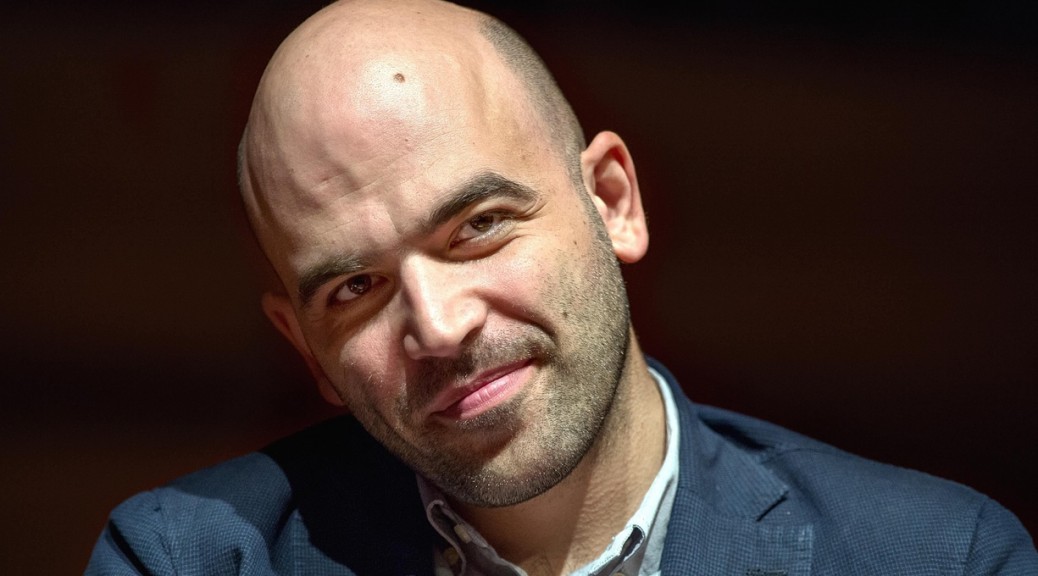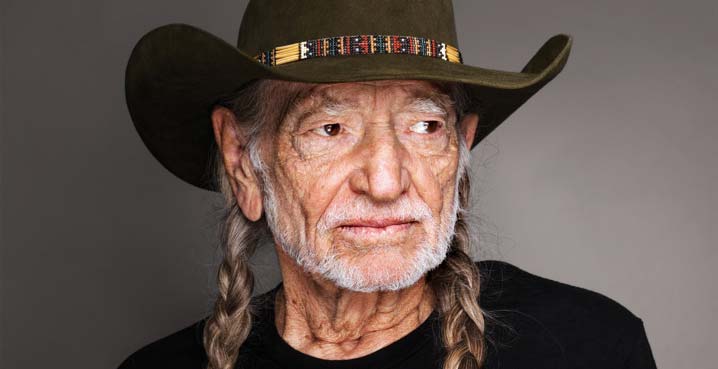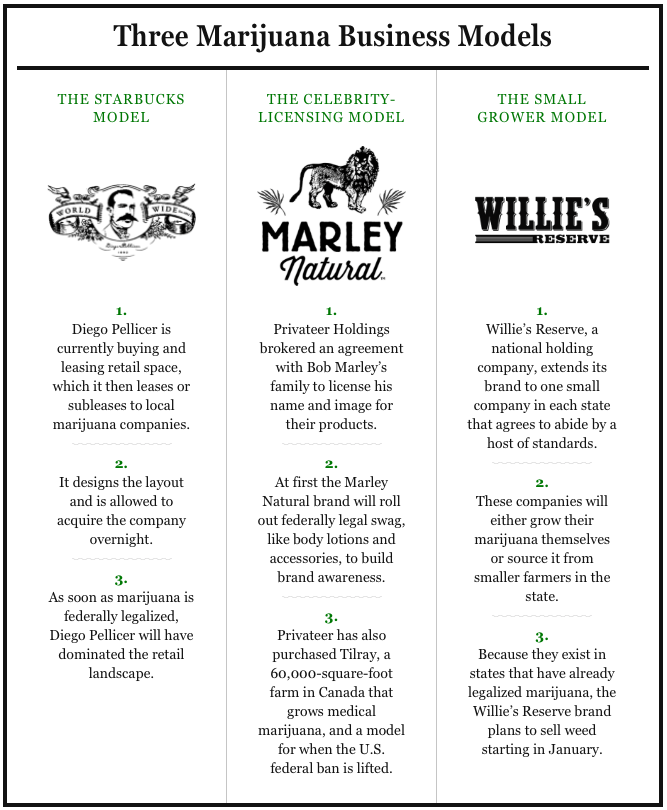Two different magazines, with similar interests, not low-level progressives, but visible icons of the publishing world have stated unequivocally that we need to do something different from the 40 year old drug war. First the Guardian article discusses the medicalization of drugs. The second article in Harper’s discusses the geo-political backlash from the ill-advised war on drugs, and why we are going against it now.
What I’ve been saying all along is that the drug war is not a war against drugs, but a war against people. The first article, modern medical opinion, reflecting the large majority of prior medical opinions, suggests that the drug issue should be treated as a medical issue not a criminal one. In the introduction to the second article, I quote John Ehrlichman saying that the drug war was all about suppressing blacks and leftists hippies by making their favored drugs illegal.
The Guardian: Sarah Boseley and Jessica Glenza write Medical experts call for global drug decriminalisation
Boseley and Glenza conclude their remarks with a statement by Norman Lamb:
Norman Lamb, a former British government minister and Liberal Democrat MP, said that he supported the Lancet commission’s findings: “The war on drugs has failed and it is Liberal Democrat policy to decriminalise the personal possession and use of all drugs, and introduce a regulated, legalised market for cannabis. Drug use should be treated as a health issue, not as a criminal issue.”
Harper’s Magazine: Dan Baum writes Legalize It All: How to win the war on drugs
In Baum’s conversation with John Ehrlichman:
I started to ask Ehrlichman a series of earnest, wonky questions that he impatiently waved away. “You want to know what this was really all about?” he asked with the bluntness of a man who, after public disgrace and a stretch in federal prison, had little left to protect. “The Nixon campaign in 1968, and the Nixon White House after that, had two enemies: the antiwar left and black people. You understand what I’m saying? We knew we couldn’t make it illegal to be either against the war or black, but by getting the public to associate the hippies with marijuana and blacks with heroin, and then criminalizing both heavily, we could disrupt those communities. We could arrest their leaders, raid their homes, break up their meetings, and vilify them night after night on the evening news. Did we know we were lying about the drugs? Of course we did.” (emphasis mine)
I thought ten years ago that we would be farther along. Some of us are, but many of us still believe that violence against people is a fruitful avenue to pursue when you want them to change their behavior. But in ten years, we have finally begun something of a fruitful conversation. Baum recounts the movement from officials in Washington D.C. toward a kinder and gentler treatment of people. But the U.S. government is still a long way from recanting its politically suspicious activity over the last 100 years, especially the last 46 years of the drug war. Many and varied documentaries have come out about the terrible consequences of the prohibition of alcohol from 1920 to 1934. They are explicit about how the government of the people, by the people, for the people raised many of the specters of tyranny from its recent past and again took the posture of, in C. S. Lewis’ terms “omnipotent moral busybodies.”
The quote from Ehrlichman above is news porn. My God in heaven! You let them do that? How could you? I can think of only one reason. My philosophy teacher in college Chet Roberson used to say to students who spouted ignorant remarks. “Hold on to your ignorance for as long as you can. If you give it up too early, you’ll go back to it.” How does this relate to the drug war and its ignorance? Well, obviously, we learned too few lessons in the alcohol prohibition. Even the government killing people by doubling the poison in denatured alcohol was not enough to stop people drinking. (See “The Poisoners” on PBS’ American Experience. On Netflix) The rise in violent crime attendant with prohibition was not enough for the government to see its own complicity in the betrayal of the American people. The practices and advice of our forefathers was not enough, the warnings agains tyranny not enough, etc. The long drawn out battle for reasonableness against the tyranny of the state and the tyranny of the majority is coming to a close. Now the staunchest drug warriors are blinking. Something has gone so horribly wrong that the good, and great nation is now one of the worst, and least in a variety of ways. The republic that split itself so completely from the tyranny of Britain is now one of the worst tyrants against its people in the world. Its prejudice and spite now clear for the world to see.
The so-called conservatives in their disgust for the drug user (Ehrlichman’s blacks and leftists), have played into the hands of the abusers with their self-righteous smug avoidance of illegality. What they didn’t know is that the illegalities were constructed to capture certain classes of people, again, Ehrlichman’s blacks and leftists. The so-called conservatives thought they were cleaning up the streets, and so without a question set themselves to the task of upholding those same illegalities as if they were the law of God. Jesus, in Matthew 15 and Mark 7, is explicit in the denunciation of those who exalt their tradition above the commandment of God. In this case the tradition is to put drug users in jail, the commandment requires that we love our neighbors as ourselves. And to display the “conservatives’” position as even more explicitly violent in practice Jesus made sure the disciples and his critics knew what he meant. He said that it wasn’t what went into the mouth that defiled a person, but what came out because what came out proceeded from the heart. So the “conservative” clamor to cleanse themselves from the taint of sin turned on the very people who needed their charity, healing, and help, those who, for whatever reason, decided to put drugs in their mouths.
It may be now that we are prepared to abandon our ignorance. Have we learned enough of the necessary lesson not to repeat the same mistakes ad infinitum? Can we have enough explicit history of prohibition to release ourselves from its bonds and return to a world where self control under liberty is the expectation and the rule? Can we have the gumption to follow Christ into the darker parts of our world with the everlasting and all-sufficient compassion that means the healing of the nations?



